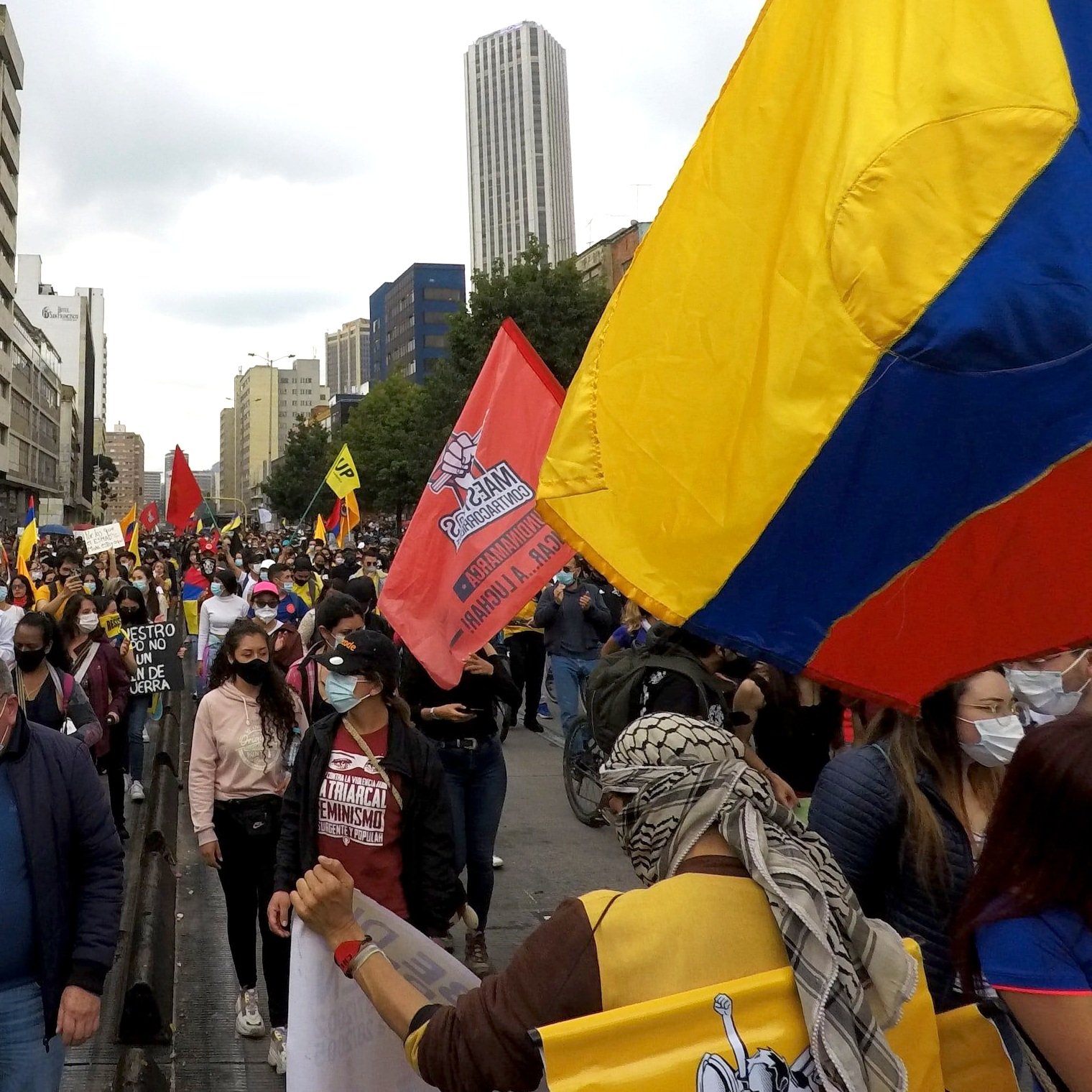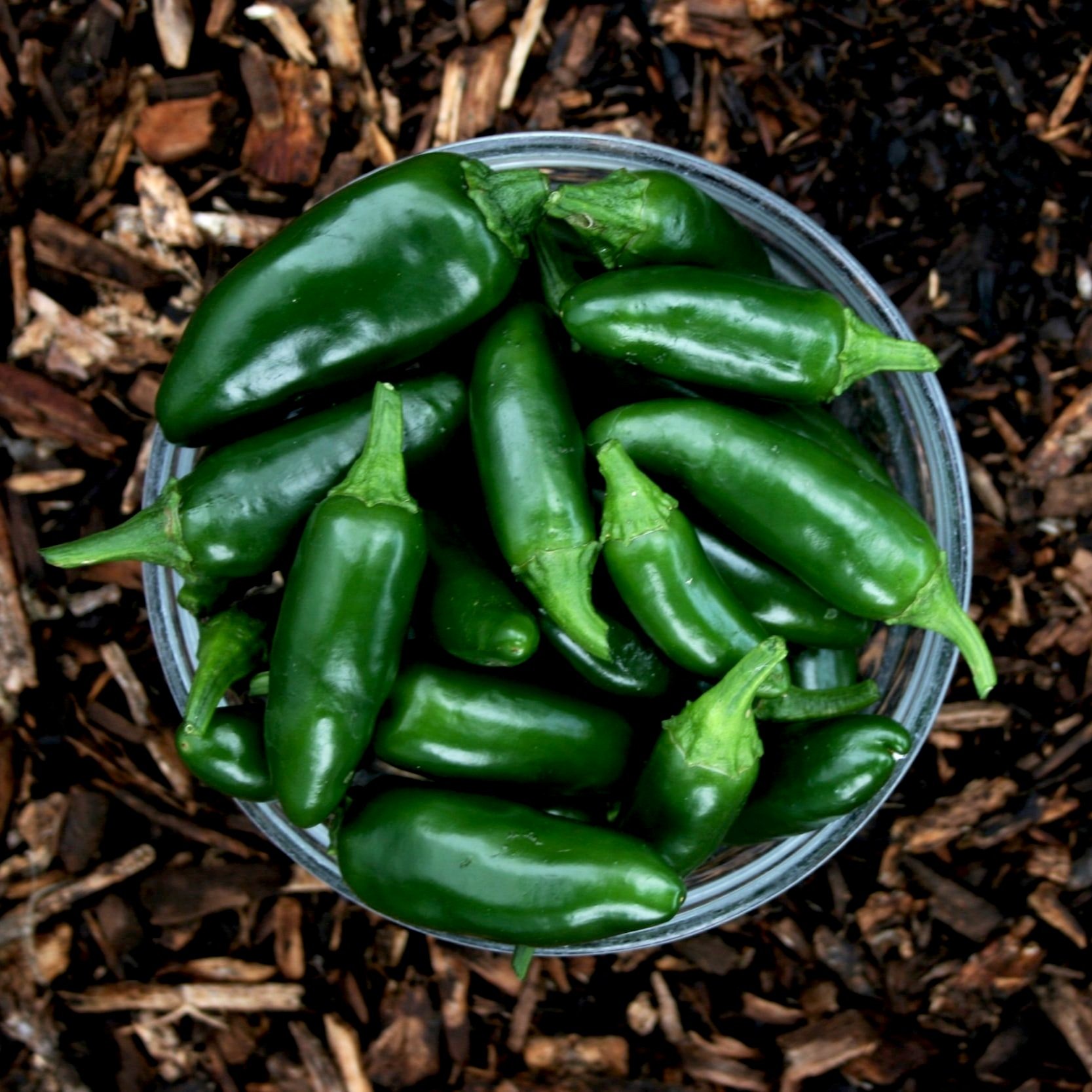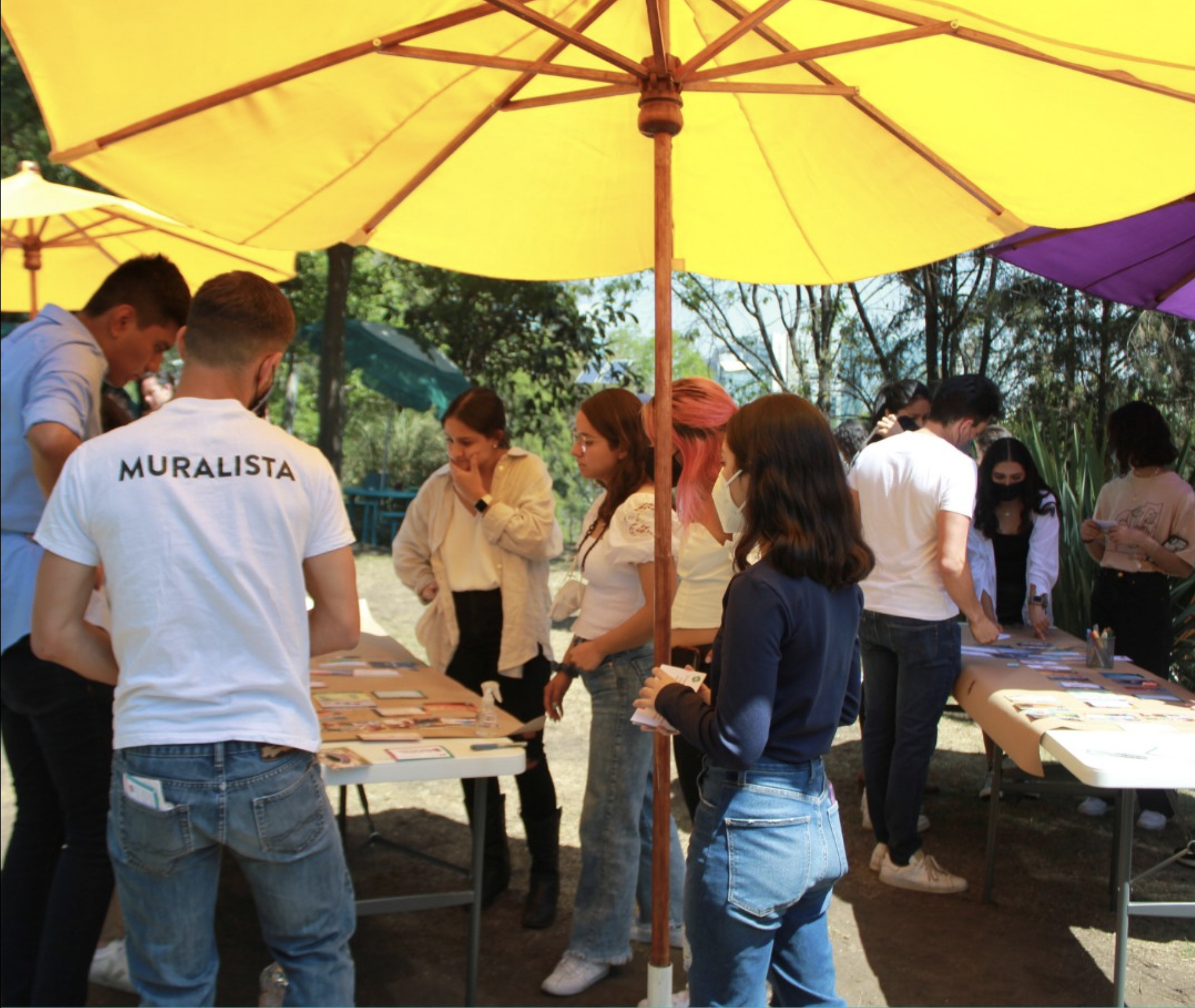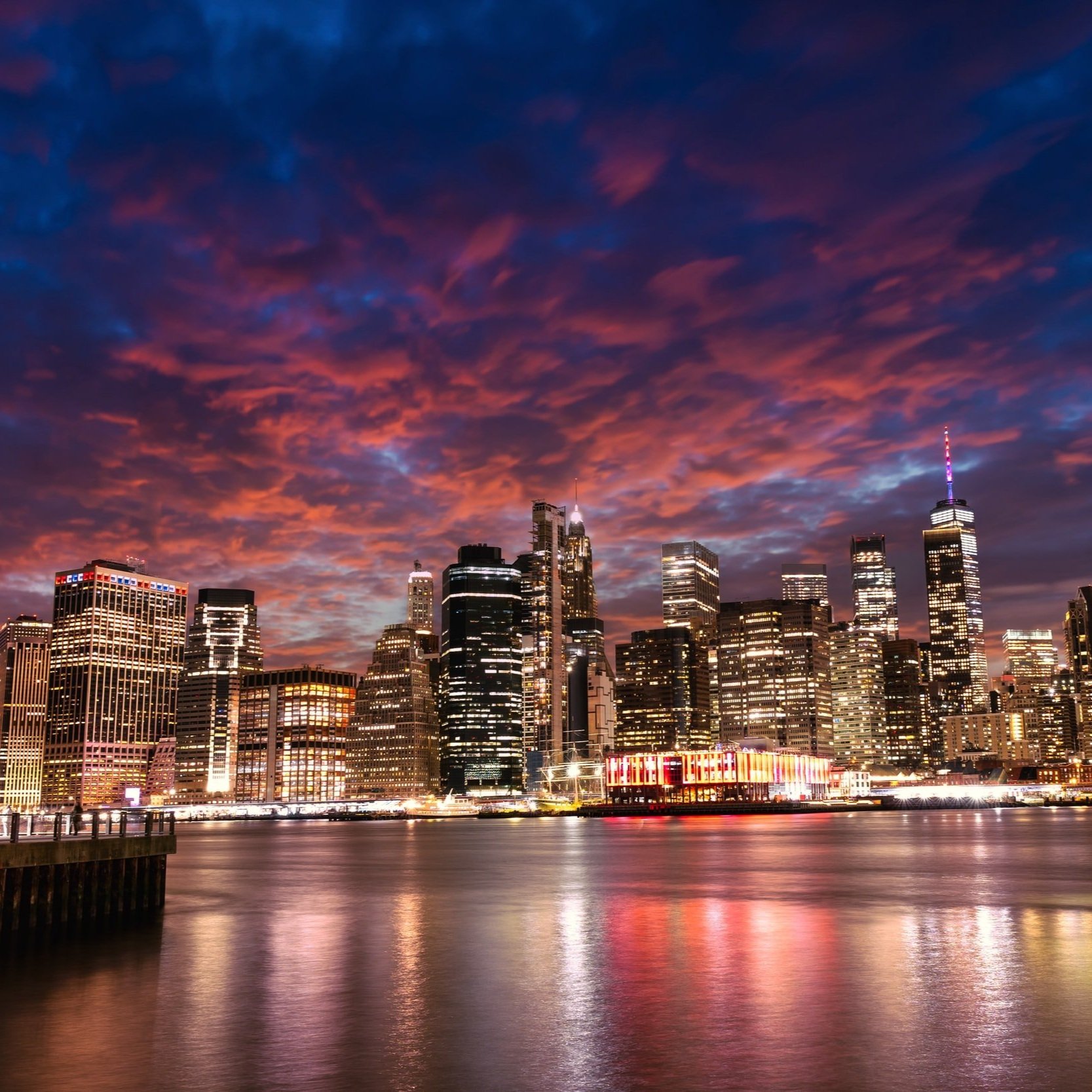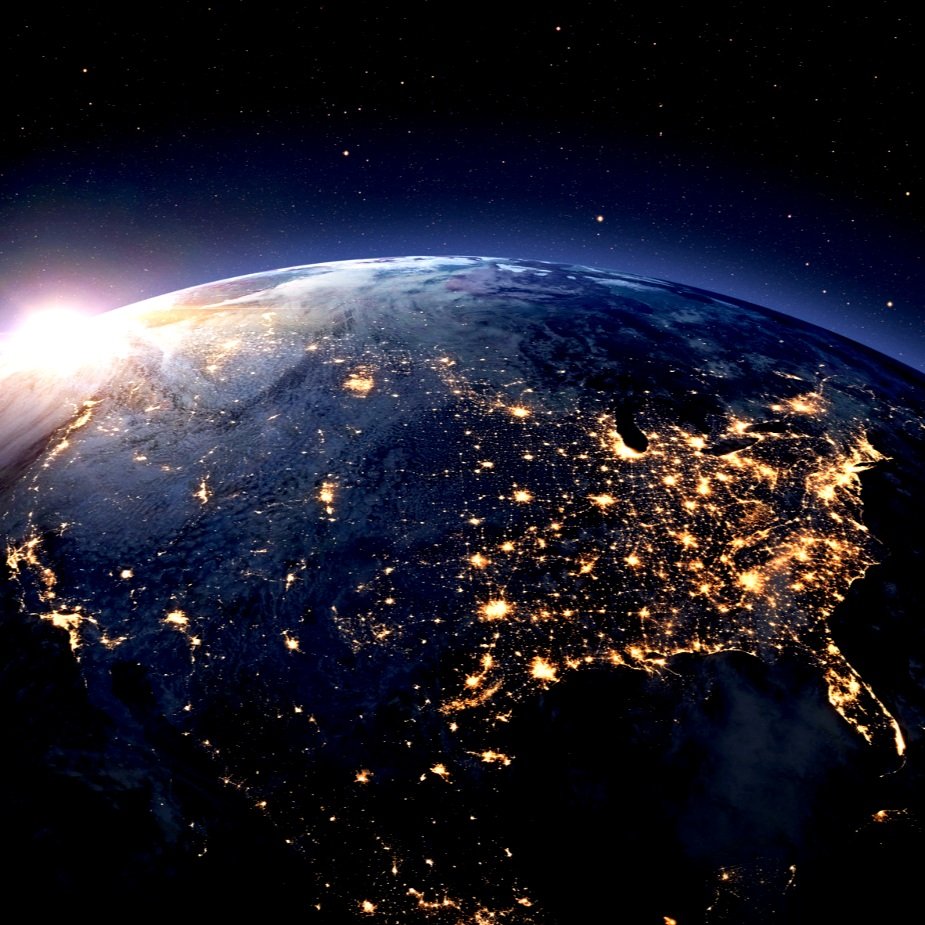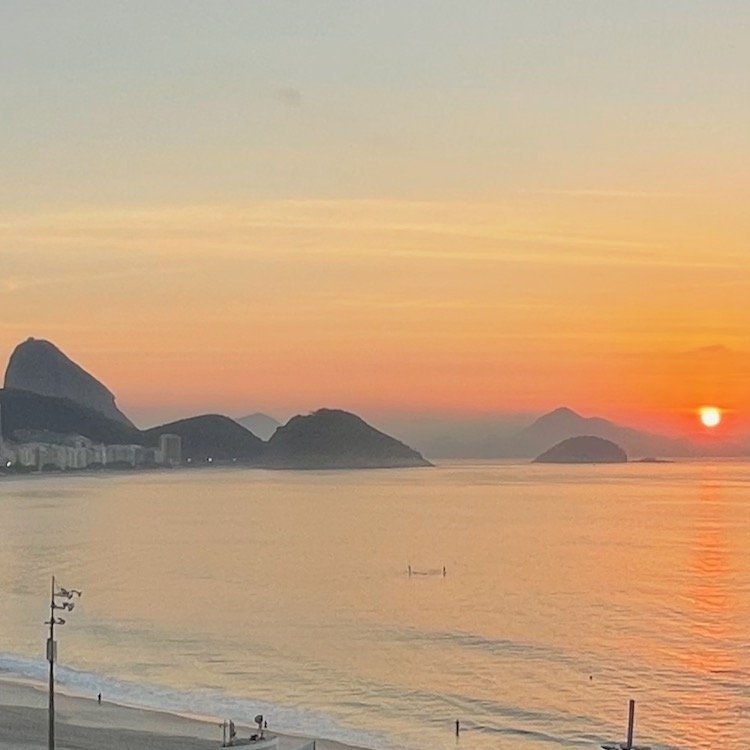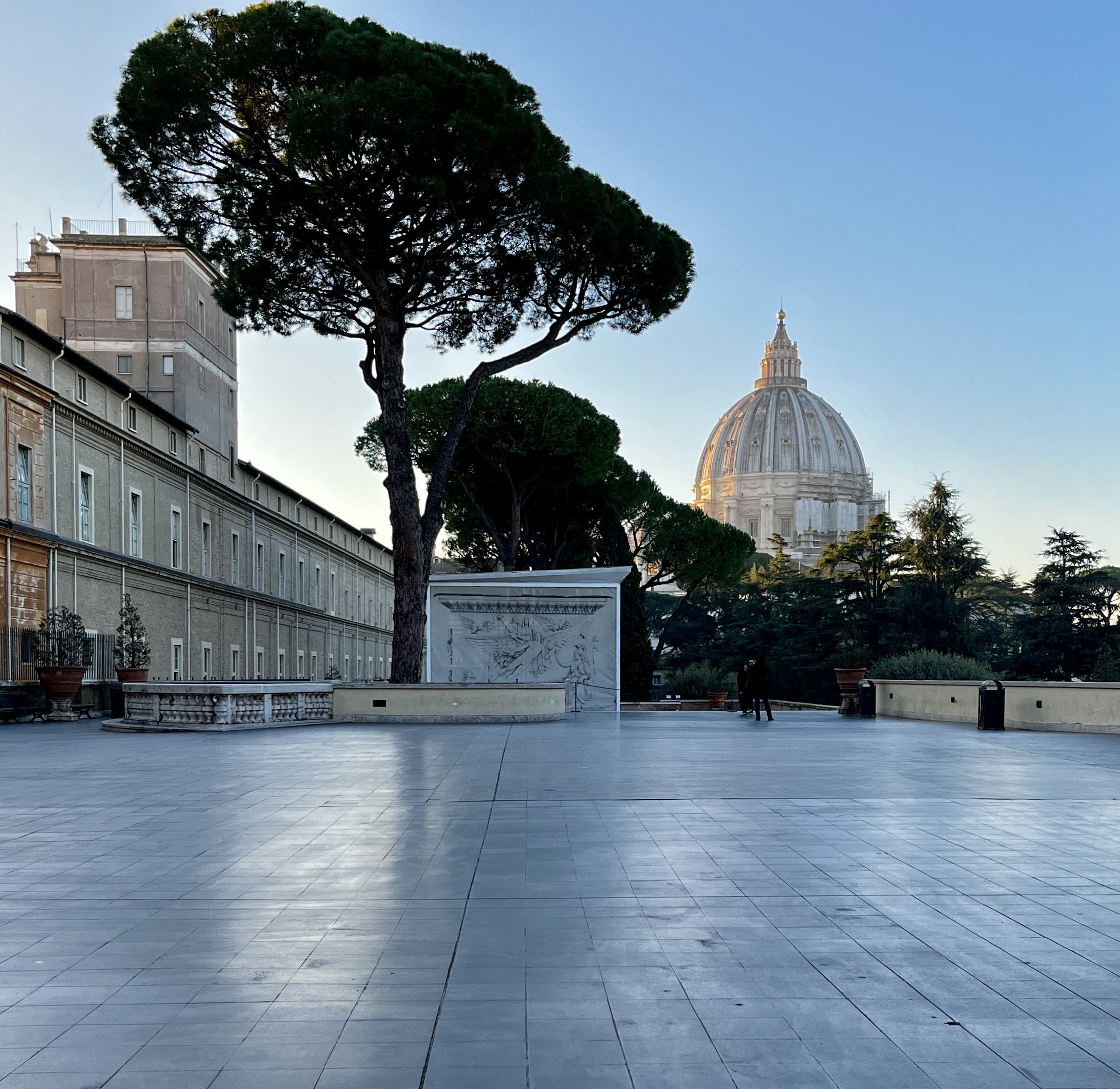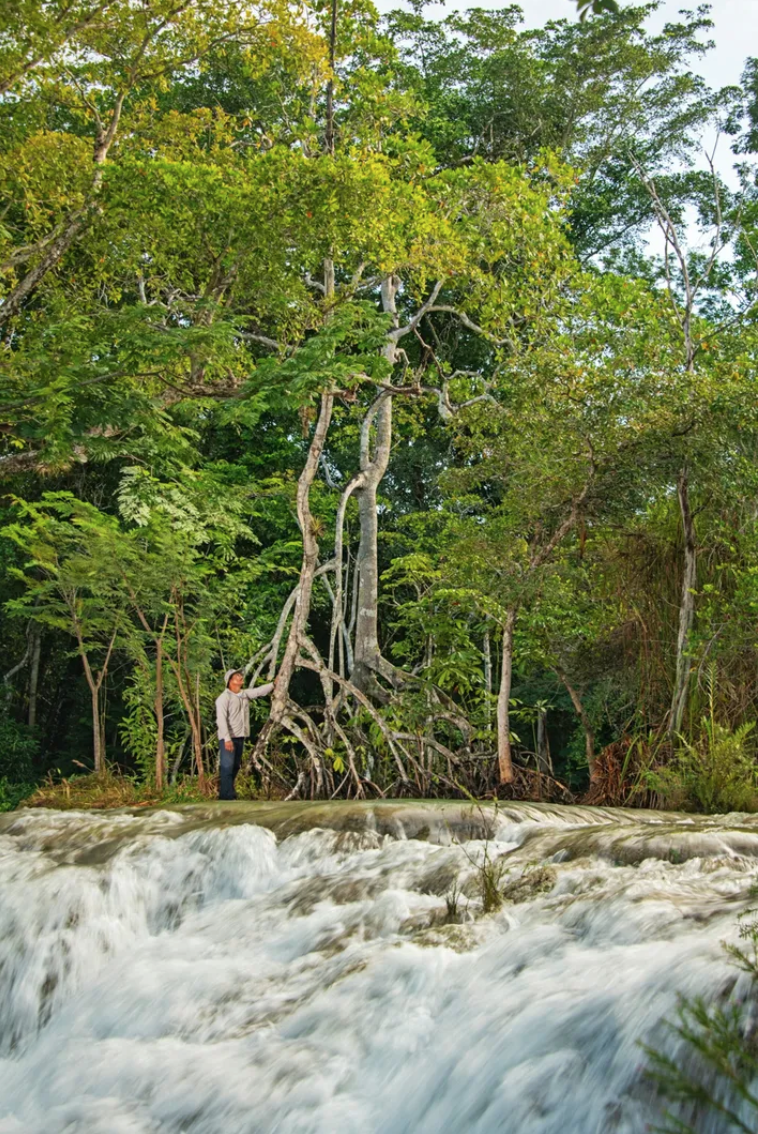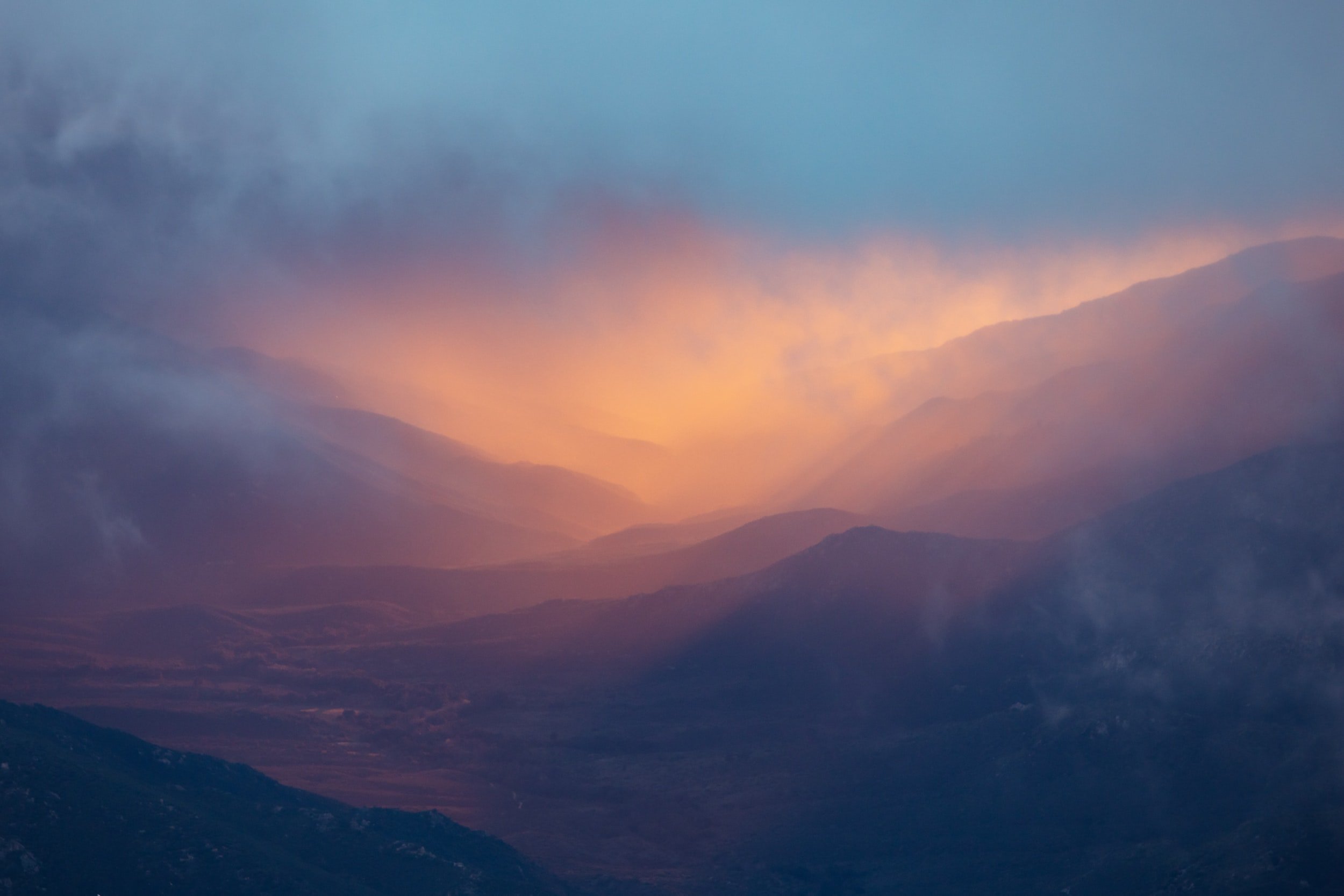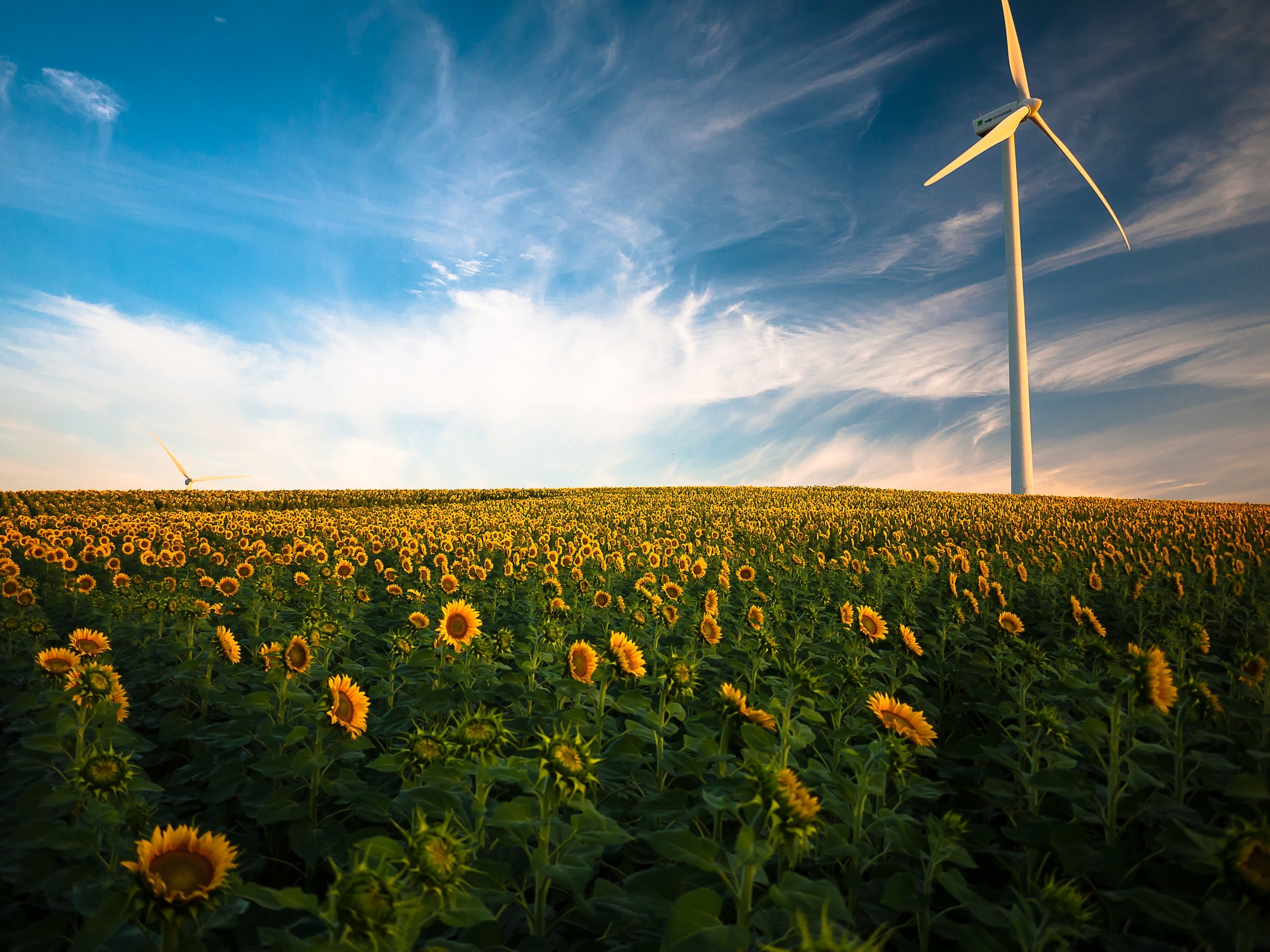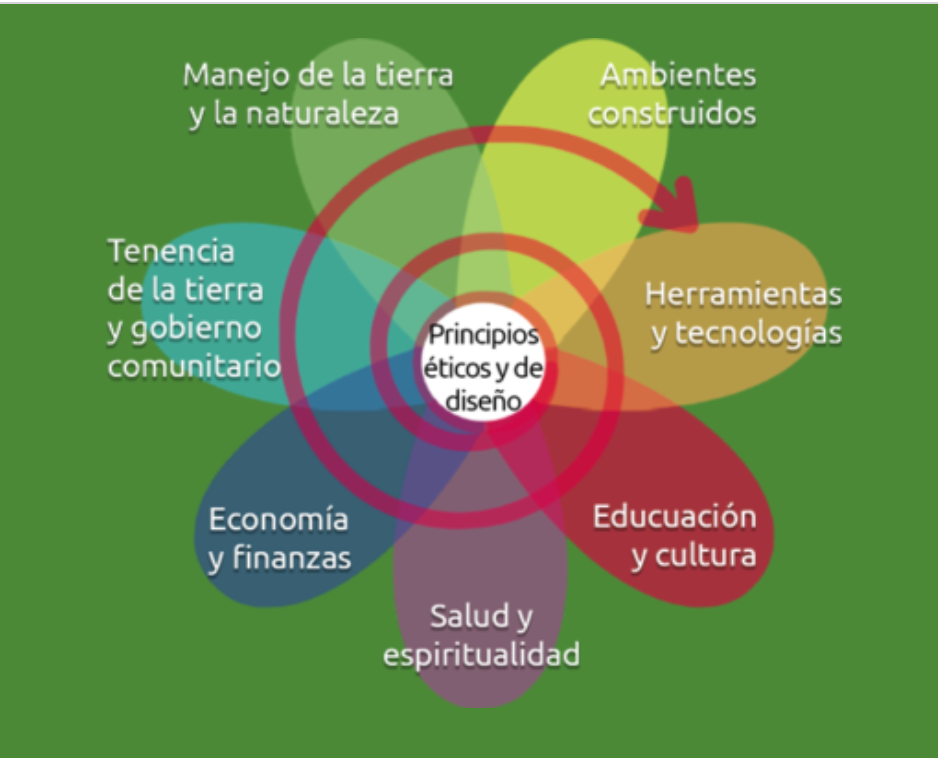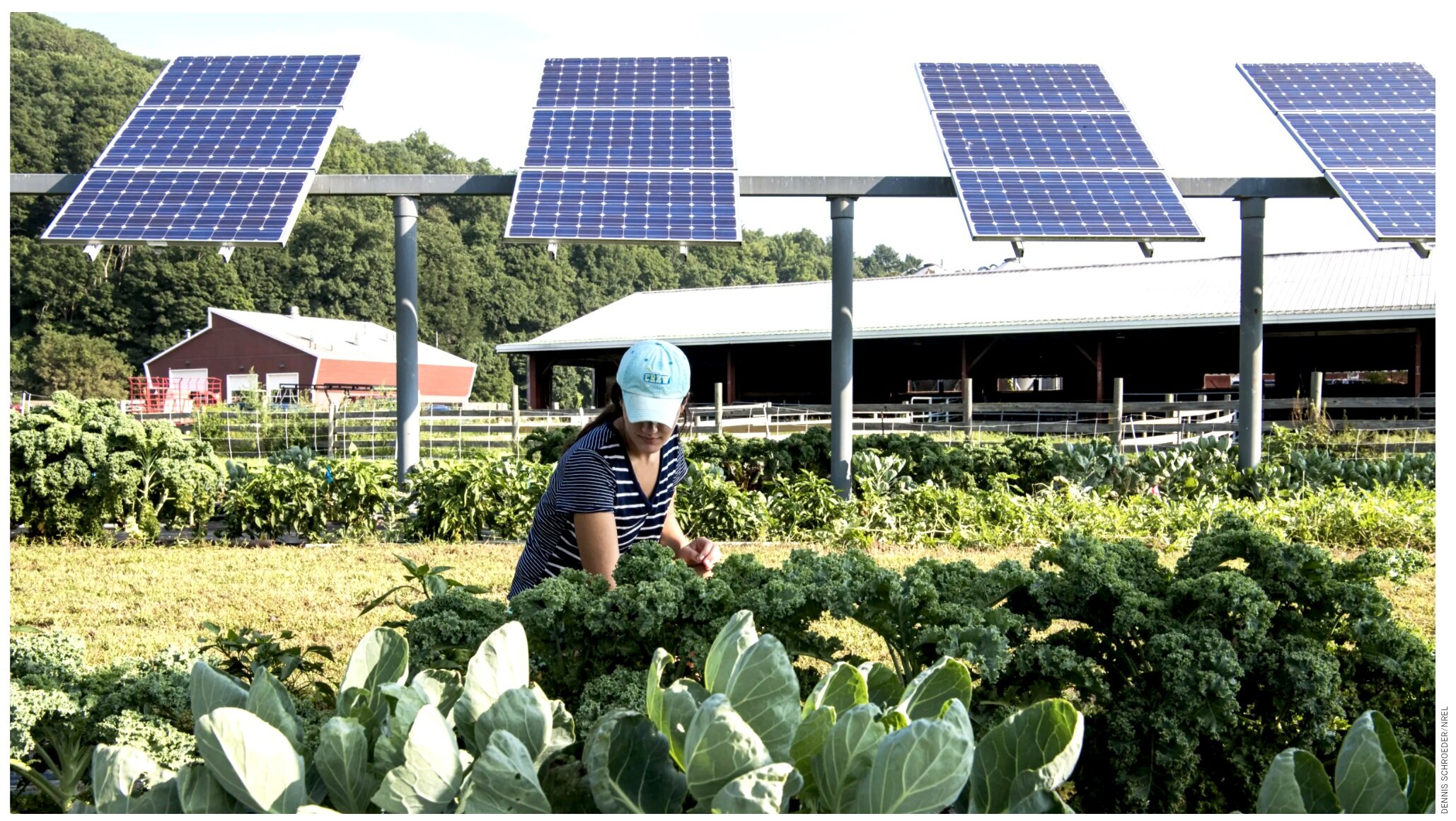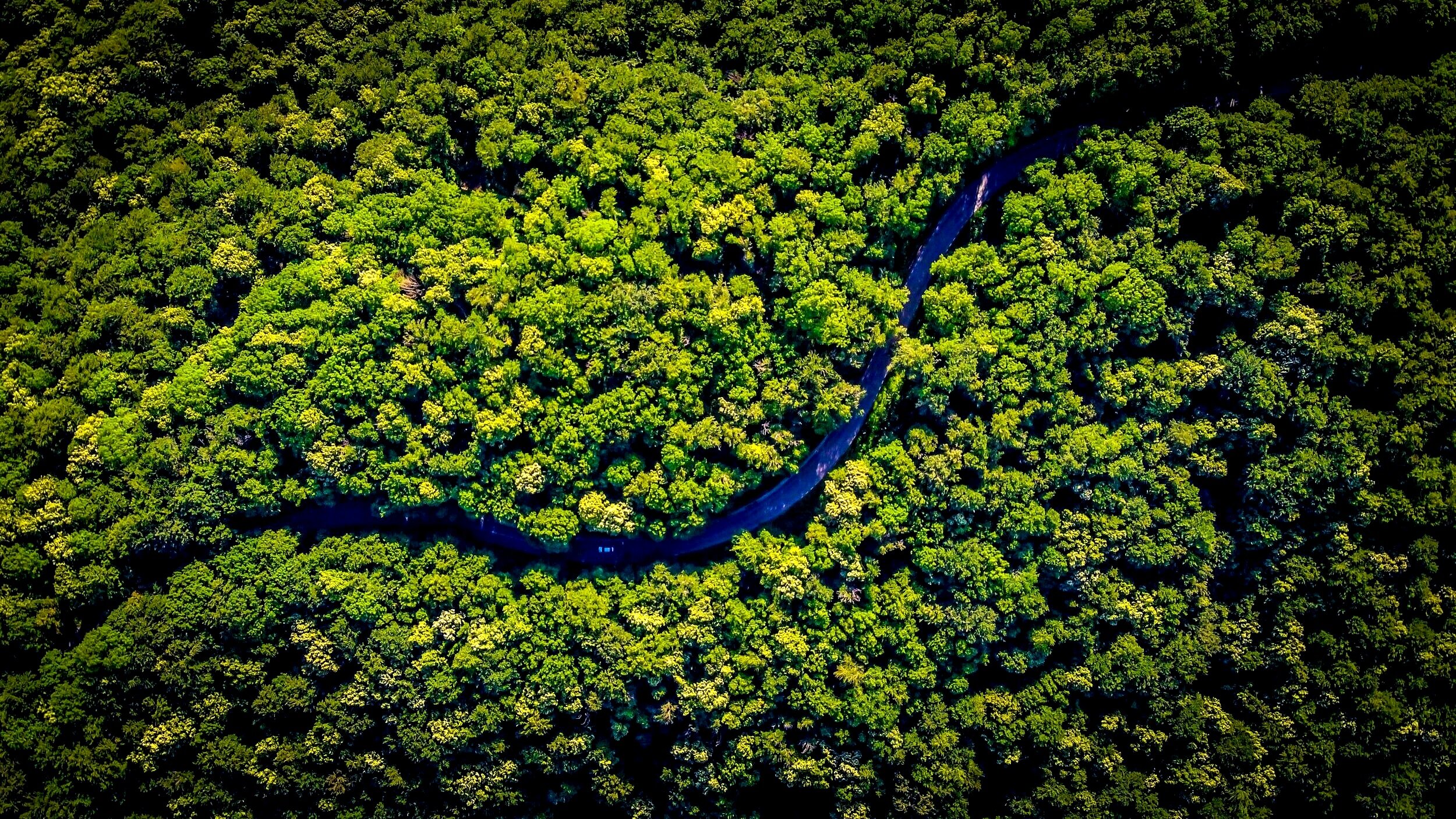
Opinion: Colombia's new president and how to achieve just climate solutions
Although once he became president his discourse has become more moderate - "from words to deeds there is a long way to go", as we say in Colombia - Petro once again raised environmental demands and demands against the failed war on drugs during the United Nations General Assembly that took place in September in New York, United States.
Scientists roast green chili peppers "in the sun": a recipe against climate change
The family of Kenneth Miguel Armijo, senior research scientist and engineer at Sandia National Laboratories, has been growing chiles in New Mexico, USA, for nearly a century. "We've been doing it even since the state was part of the Mexican territory," he says. "Chili is part of our blood."
So, taking advantage of his position as a clean energy researcher and his cultural history, Armijo found a much more sustainable way to roast the chiles: using solar energy.
Forget poker! There is already a card game on climate change
Constantly encountering news about climate change can be not only discouraging, but also confusing. Although, in essence, the point of origin of the climate crisis is the rise in global temperature, it involves several chain reactions, as well as technical, economic and social concepts that not everyone is familiar with.
So how do you get people to understand the dimensions of climate change without being overwhelmed? A French organization has found a way: a card game, called Climate Fresk, in which people can learn about the main ideas of climate change and do so collaboratively in just three hours.
The other problem of animal extinction: disrupting seed dispersal and plant adaptation to climate change
Due to the loss of wildlife, 60% of plants around the world are not dispersing far enough to cope with climate change. In order to move to areas more suitable for survival, plants have a key strategy: to take advantage of animals eating their fruits and swallowing some of their seeds, allowing them to develop in other regions when they are released along with the poop.
The jobs of the future must not only be green, but also diverse.
We know that in the face of the energy transition that must be achieved globally - that is, that our energy system stops relying on fossil fuels and, instead, renewable energies are promoted - a new workforce must be created. The problem is that, as the report Help Wanted, Diversity in Clean Energy, produced by six organisations close to this sector, explains, while 61% of workers are white, 16.5% are Latino and Hispanic, and only 8% are Afro. In addition, women represent only 30% of clean energy workers, even though they make up 48% of the country's workforce.
With true energy transition this picture must change, not only because the lack of diversity in the sector scares away many potential Latino workers, but because a clean energy sector with Latinos and Afro people will make it a sector that better understands its customers.
Hotter cities and more people: how exposure to heatwaves has tripled
The effects of climate change are no longer understood as something that will happen in the future, but are already beginning to be felt. Since the end of the 19th century, the average global surface temperature has risen by 1.18°C, changing not only natural habitats but also human lifestyles. However, the rise in temperature, or at least its sensation, is not felt in the same way everywhere. Those living in cities and urban areas are experiencing much more extreme heat waves.
Electrify everything? The way forward for the United States, but leaving no one behind
When talking about climate change, it is common to hear that the energy system is the sector most in need of urgent change. Several studies have pointed out that, worldwide, this is the sector that emits the most greenhouse gases, the main cause of global warming. But getting there is not so simple. Some studies, such as the one led by scientists from the University of California and published in Science of the Anthropocene, argue that "electrifying everything" could increase inequality.
From rubbish to energy, the ingenious idea already working in Rio de Janeiro (Brazil)
The city of Rio de Janeiro, Brazil, like many others, has not managed to escape two of the world's most complex environmental problems: food waste and building an energy system that does not increase global warming. Seeking to change both scenarios, in 2018 the city of Rio's rubbish department, known as Comlurb, inaugurated the first plant to convert organic waste into energy.
Vatican launches platform for action on climate crisis
Recently, the Vatican launched an online platform for Catholics to learn how they can act on this global crisis. Called Laudato Si' Action Platform, it contains information for the Catholic congregation, organisations and individuals themselves to learn how to reduce their emissions. It helps them, for example, to assess their environmental impact and, at the same time, create a plan with actions to reduce their carbon footprint, such as planting trees, reducing energy use and, in the case of large church organisations, avoiding investing in fossil fuels.
Mangroves far from the sea, the curious Mexican forest that surprised scientists
When one thinks of mangroves, one's mind automatically flies to the tropics, to images of trees with long, powerful roots protruding from the coasts, right where freshwater meets saltwater. So when a group of scientists reported that they had found mangroves at least 170 kilometres inland on Mexico's Yucatan peninsula, many experts were surprised.
Southwest North America experiences its worst megadrought in 1,200 years
Those who have lived for a long time in southwestern North America may have noticed that, since 2020, the weather has become more intense: the temperature is higher and, conversely, rainfall is lower. In addition, during 2021, you may have felt that you were experiencing a type of drought not experienced in years.
In fact, according to a recent study published in the scientific journal Nature Climate Change and led by researchers from the Earth Observatory at Columbia University, New York, the drought that has affected this region for the past 22 years is the worst megadrought recorded in this area in the last 1,200 years.
The tool that will let you know the climate risk in your neighbourhood
Climate change, it has become clear, is a current phenomenon. However, how it will affect each community or individual depends on a number of factors. That is why the non-profit research group Headwaters Economics created a free online tool, called Neighbourhoods at Risk, to allow people in the United States to see how climate change will affect their neighbourhood.
Green jobs: an urgently needed workforce
In early December 2021, US President Joe Biden signed an executive order outlining how the country will address the climate crisis. It is a roadmap of sorts, with five specific goals to reduce greenhouse gas emissions across all federal operations, invest in clean energy industries and create healthy communities.
The ingenious Latina who uses mushrooms to reuse construction waste
With population growth, estimated to reach 8.6 billion by 2030, many things will have to be transformed to accommodate us. Among these, of course, are buildings for housing, industry, hospitals, education and commerce. However, meeting this target not only means that we will use more natural resources, but also that we will emit more greenhouse gases, which cause climate change.
Las Cañadas, a sustainable Mexican farm that sets an example to the world
When talking about the causes of climate change, the food industry is often one of the most frequently mentioned. Globally, according to the Intergovernmental Panel on Climate Change (IPCC), agriculture, livestock and land use change are responsible for 23% of greenhouse gases.
Cut your pollution or pay up: the new rule for Southern California storage facilities
If a US citizen orders a product from another country, it is very likely to arrive through a port in Southern California. Indeed, it is estimated that up to 40 per cent of goods imported into the US arrive there first and are then distributed to major centres in the region.
Queer Brown Vegan, the Instagram account for environmental learning
Instagram is one of the most popular platforms for sharing the moments of our lives. But for Isaias Hernandez, the person behind the Queer Brown Vegan account, with over 60,000 followers, it's all about empowerment.
Agro-voltaic crops: vegetables growing in the shade of solar panels
In the face of the climate crisis, solar energy farms have been gaining popularity, which is good news. However, the dilemma with these initiatives is that they require large tracts of land to be implemented.
Brazilian invention boosts reforestation
One of the biggest global environmental problems is deforestation. When hundreds of hectares of trees are cut down, it not only wipes out the home of animals, fungi and other flowers, but also leads to the release of tons of carbon dioxide, one of the greenhouse gases that are causing climate change.
The 150 Catholic institutions saying "no" to fossil fuels
In 2015 Pope Francis published one of the most iconic encyclicals of all time: Laudato Si: On Care for Our Shared Home. The letter, which is usually a document that Popes address to both bishops and the Catholic faithful, this time was also a reflection on the climate crisis we live in, ethics and science.

Our Stories
In this series we connect with environmental organisations and leaders who are actively working on environmental challenges related to conservation and climate change. We also highlight issues related to policy engagement at local and national levels, and resources for potential career opportunities in the areas of conservation, environmental science (geoscience) and the "clean economy".


